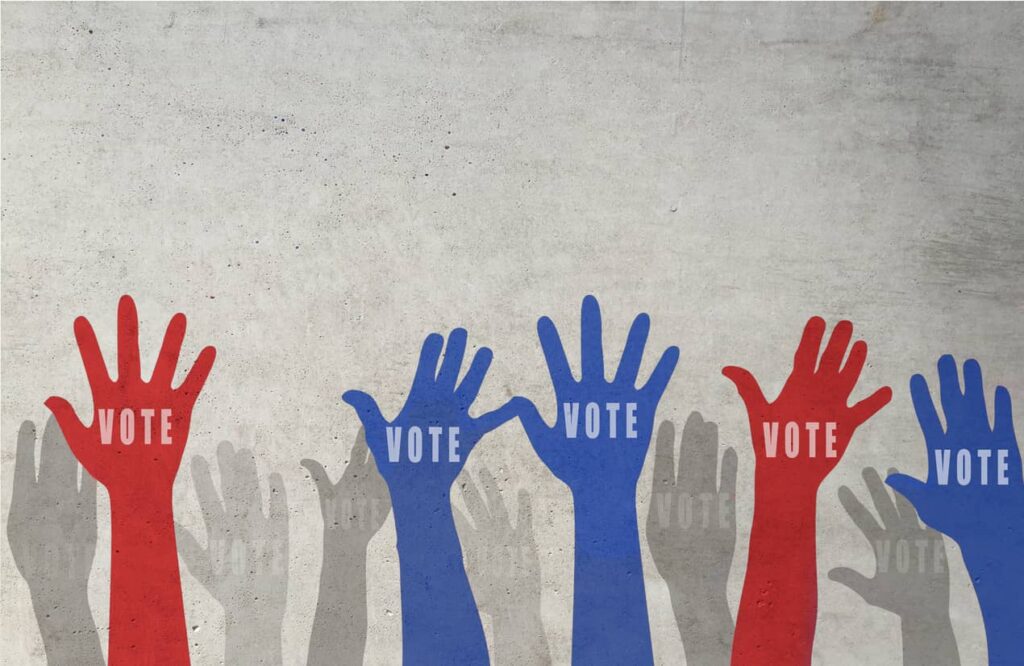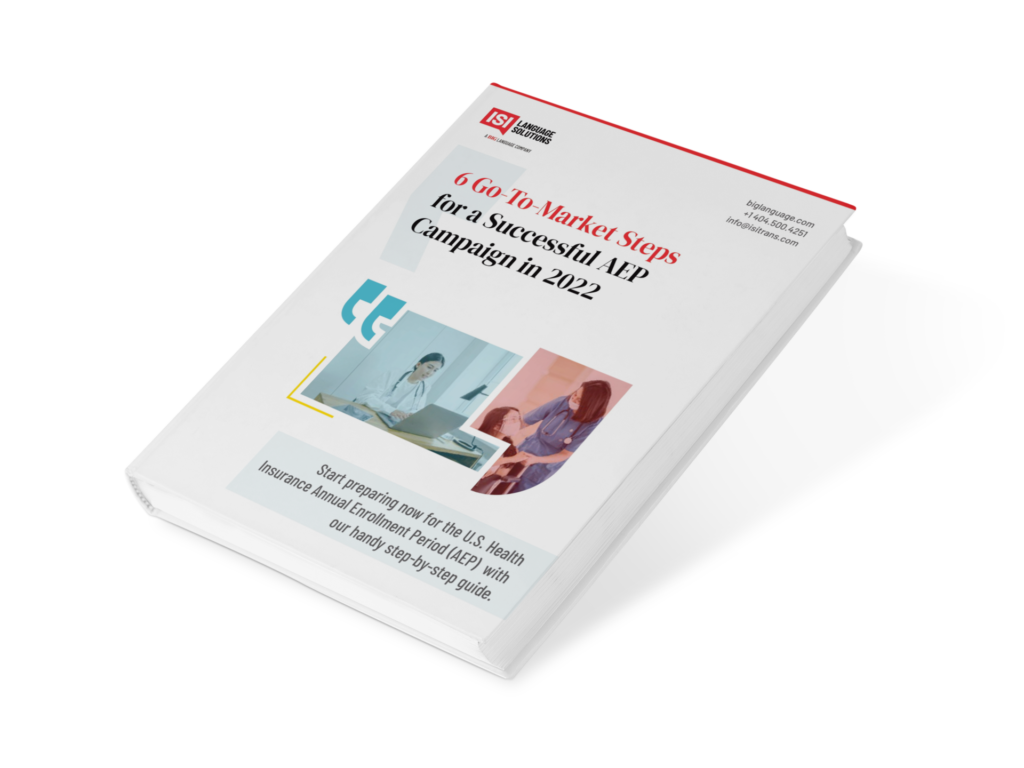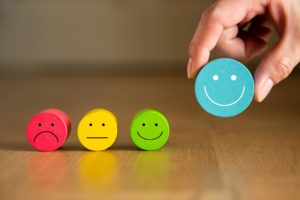
“As the world confronts COVID-19, democracy is crucial in ensuring the free flow of information, participation in decision-making and accountability for the response to the pandemic.”
-UN Secretary-General António Guterres
Democracy: you know it, you live in it and you (maybe) love it.
Here is a quick refresher course for those that may not be aware. Democracy is a form of government in which the people have the authority to choose their governing legislation. Who people are and how authority is shared among them are core issues for democratic theory, development and constitution. Some cornerstones of these issues are freedom of assembly and speech, inclusiveness and equality, membership, consent, voting, right to life and minority rights.
Generally, there are two types of democracy: direct and representative. In a direct democracy, the people directly deliberate and decide on legislation. In a representative democracy, the people elect representatives to deliberate and decide on legislation, such as in parliamentary or presidential democracy. Liquid democracy combines elements of these two basic types.
The values of freedom, respect for human rights and the principle of holding periodic and genuine elections by universal suffrage are essential elements of democracy. In turn, democracy provides the natural environment for the protection and effective realization of human rights. These values are embodied in the Universal Declaration of Human Rights and further developed in the International Covenant on Civil and Political Rights, which enshrines a host of political rights and civil liberties underpinning meaningful democracies.
In 2007 the United Nations General Assembly resolved to observe September 15 as the International Day of Democracy with the purpose of promoting and upholding the principles of democracy. It invited all member states and organizations to commemorate the day in an appropriate manner that contributes to raising public awareness.
International Day of Democracy provides an opportunity to review the current state of democracy in the world. Democracy is as much a process as a goal. Only with the full participation of and support by the international community, national governing bodies, civil society and individuals, can the ideal of democracy be made into a reality to be enjoyed by everyone, everywhere.
The unprecedented COVID-19 crisis has resulted in major social, political and legal challenges around the globe. As states around the world adopt emergency measures to address the crisis, it is important that they continue to uphold the rule of law, protect and respect international standards and basic principles of legality, and the right to access justice, remedies and due process.
Guterres has urged governments to be transparent, responsive and accountable in their COVID-19 responses and ensure that any emergency measures are legal, proportionate, necessary and non-discriminatory.
Concerns in many countries surrounding COVID-19 include:
- Measures to control the flow of information and crackdown on freedom of expression and press freedom
- Arrest, detention, prosecution or persecution of political opponents, journalists, doctors and healthcare workers, activists and others for allegedly spreading “fake news”
- Aggressive cyber-policing and increased online surveillance
- Postponement of elections.
The current situation raises the question of how best to counter harmful speech while protecting freedom of expression. Sweeping efforts to eliminate misinformation or disinformation can result in censorship, which undermines trust. The most effective response is accurate, clear and evidence-based information from sources people trust.
No matter your thoughts on the current cultural or political state in America, I think we can all agree that democracy is an important foundation of our society. And that is always worth celebrating.
Written by Lynda Walz, Sales Executive






